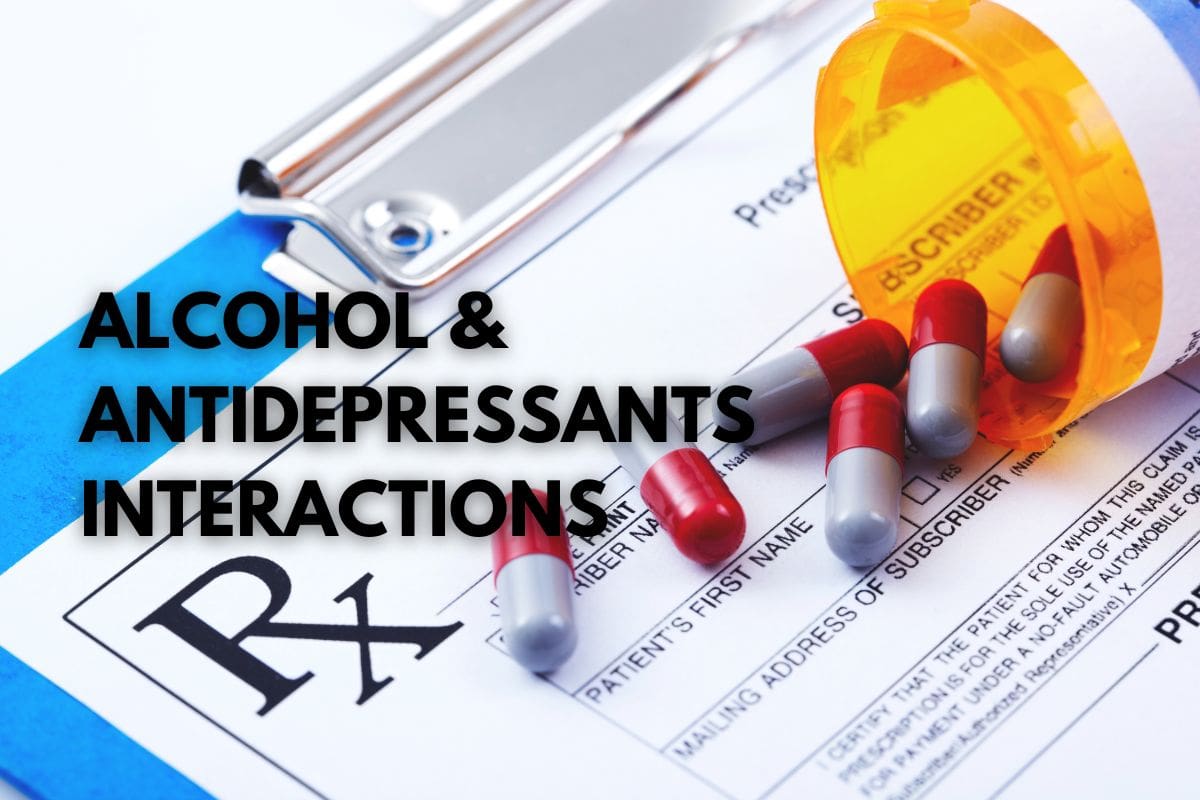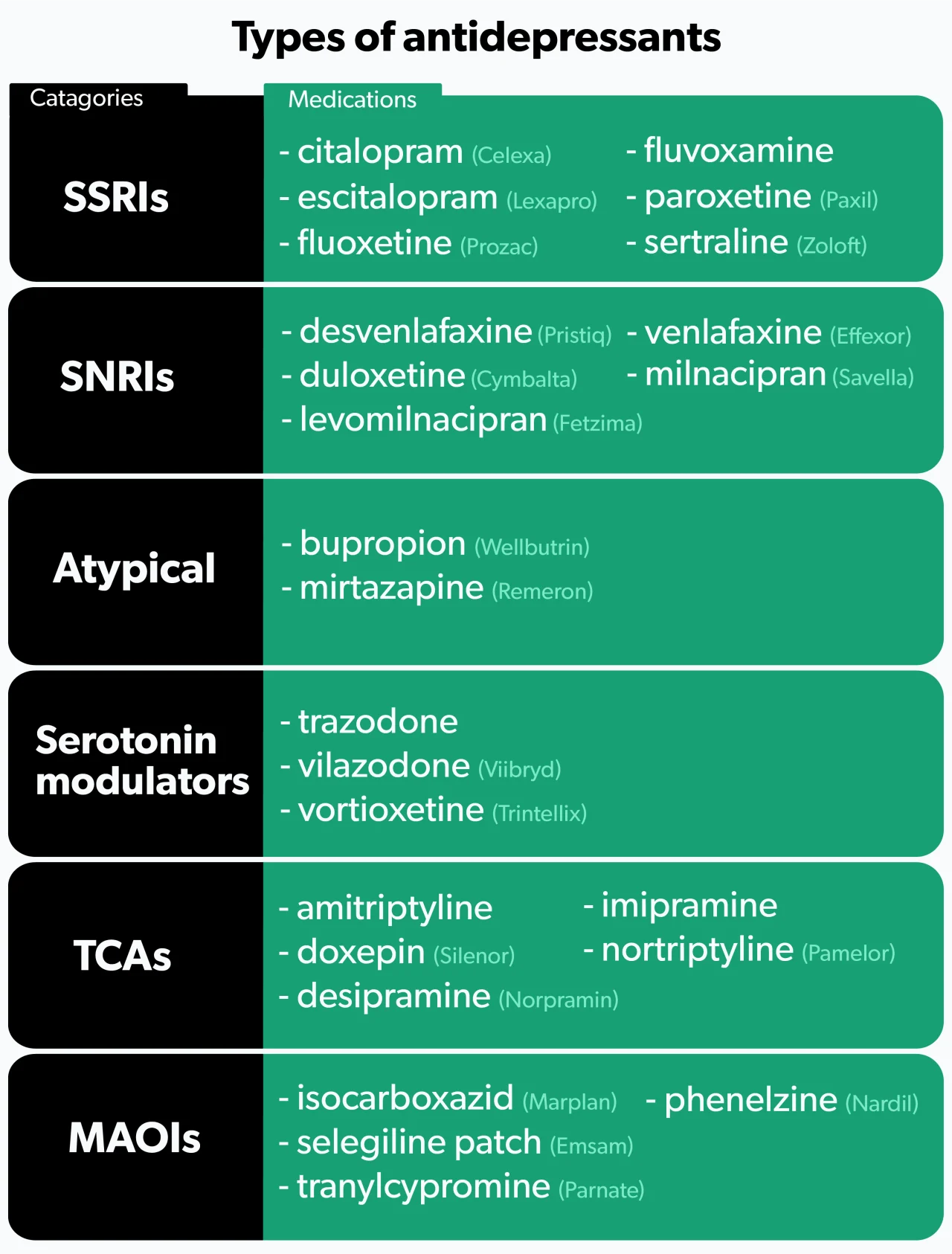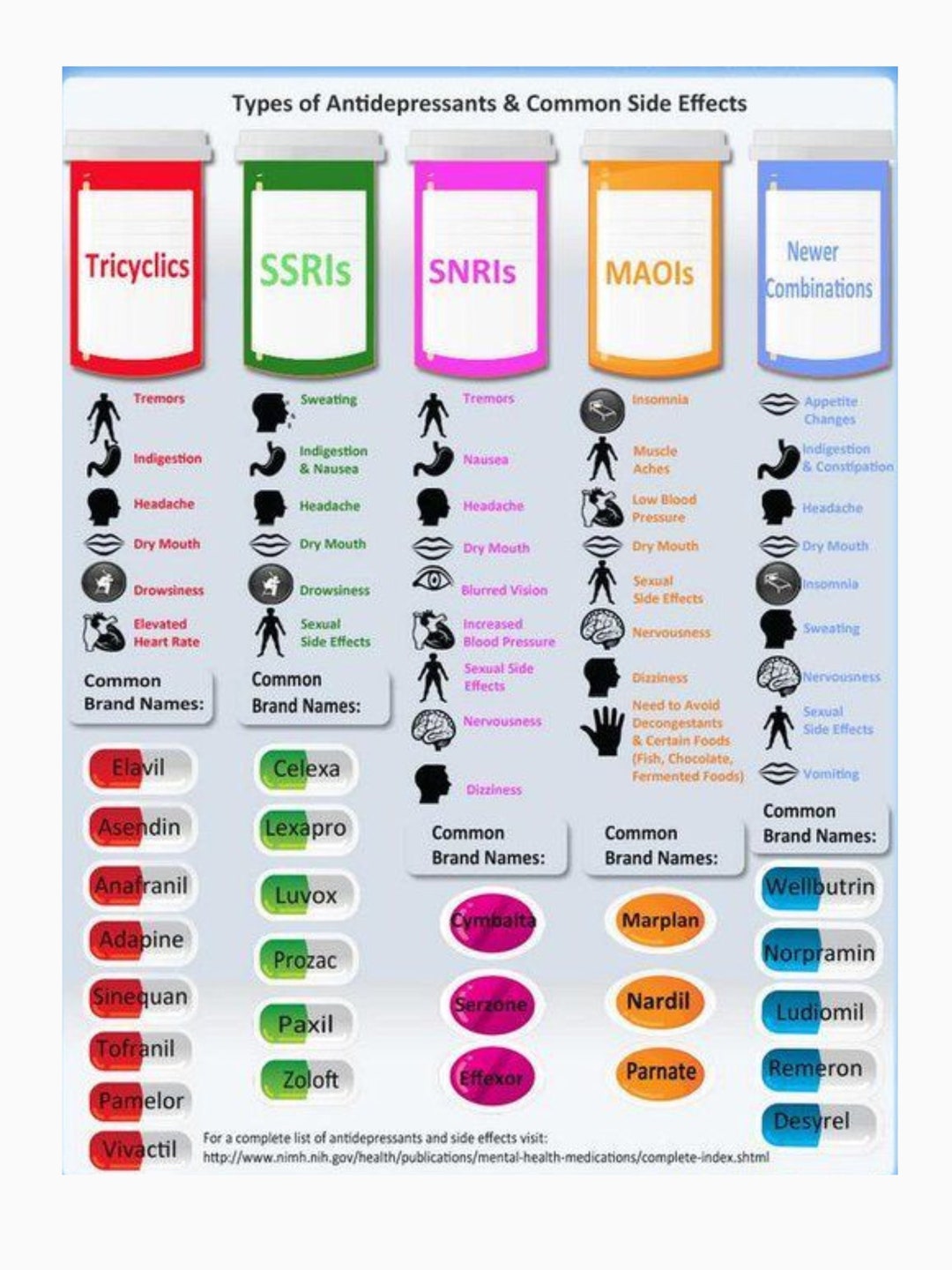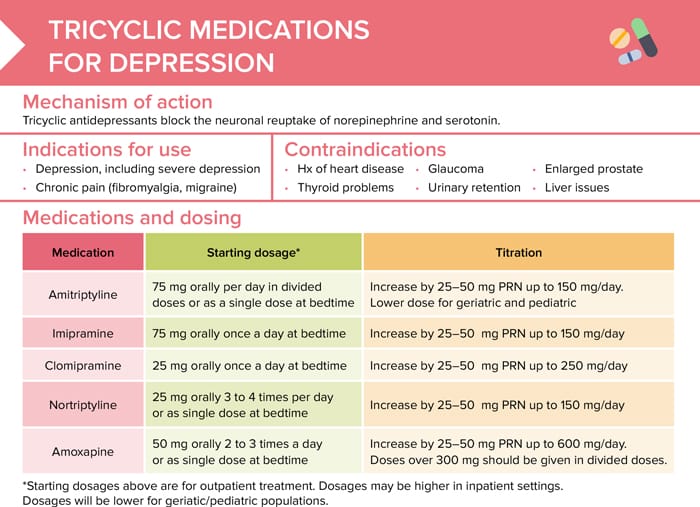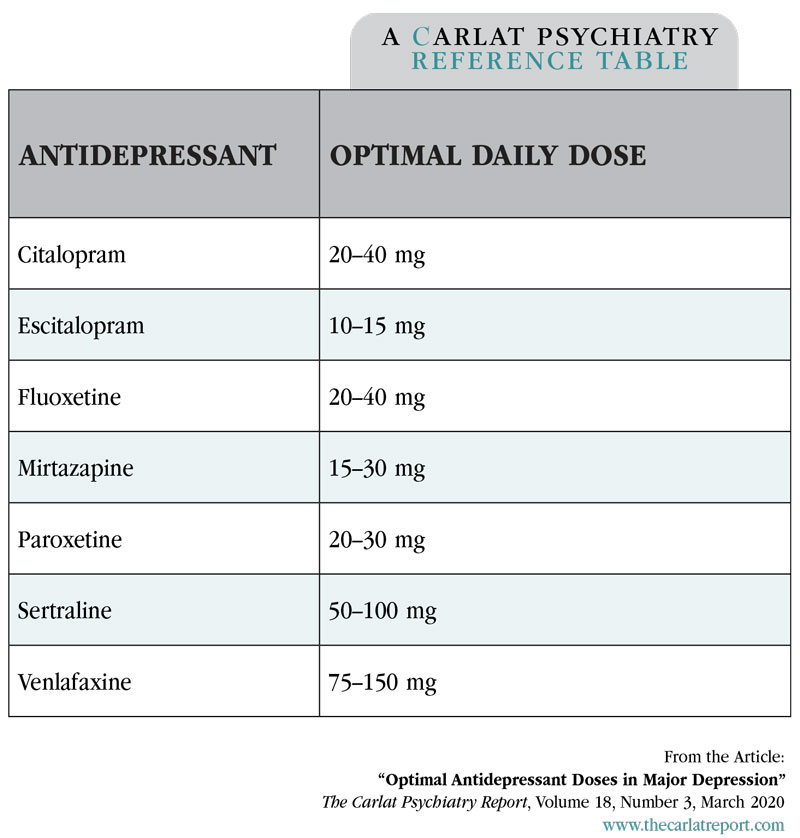Can You Be On Antidepressants In The Military
:max_bytes(150000):strip_icc()/mental-illnesses-serve-us-military-3973352_Final-8bf4b36ae7bd41188738702ac3c297c7.png)
The intersection of mental health and military service is a complex and evolving landscape. For years, the use of antidepressants by service members has been a heavily regulated and often prohibitive subject, raising questions about access to care, operational readiness, and the overall well-being of those who serve.
This article explores the current regulations surrounding antidepressant use in the U.S. military, the waivers and exceptions that exist, and the ongoing debate about balancing mental health needs with the demands of military duty. Understanding these policies is crucial for both service members and their families.
The Stigma and the Standards
Historically, the military has maintained strict medical standards for entry and continued service. These standards are designed to ensure that personnel are physically and mentally fit to perform their duties, which can be demanding and dangerous.
Mental health conditions, including depression, have often been viewed as disqualifying factors. The concern has been that these conditions, and the medications used to treat them, could impair judgment, reaction time, or emotional stability, potentially jeopardizing mission success and the safety of the individual and their team.
Current Regulations and Restrictions
The Department of Defense (DoD) maintains regulations that govern the use of medications, including antidepressants, among service members. Generally, individuals starting antidepressant medication are ineligible for entry into the military.
For those already serving, the rules are more nuanced. A diagnosis of depression doesn't automatically lead to discharge, but it triggers a review process.
The key factor is whether the condition impairs the service member's ability to perform their duties. Factors considered include the severity of symptoms, the effectiveness of treatment, and the potential side effects of medication.
Specific regulations can vary slightly between branches of the military (Army, Navy, Air Force, Marine Corps, and Coast Guard), but the underlying principle of ensuring fitness for duty remains consistent.
Waivers and Exceptions
Despite the strict regulations, waivers and exceptions exist for certain cases. These are often granted on a case-by-case basis, considering the individual's medical history, job requirements, and overall contribution to the military.
For example, a service member who has been successfully managing their depression with medication for an extended period, without any adverse effects on their performance, might be eligible for a waiver to continue serving. The decision often rests on a review by medical professionals and the service member's commanding officer.
The ability to obtain a waiver also depends on the service member's role. Individuals in high-risk positions, such as pilots or special forces operators, may face stricter scrutiny compared to those in less demanding roles.
The Ongoing Debate
The policy on antidepressant use in the military is a subject of ongoing debate. On one side, there's the concern for mission readiness and safety. Detractors believe that allowing service members on antidepressants could compromise their ability to perform their duties effectively, especially in combat situations.
However, advocates for mental health awareness argue that denying access to treatment is discriminatory and harmful. They argue that forcing service members to choose between their mental health and their careers can lead to underreporting of symptoms, self-medication, and ultimately, increased rates of suicide.
Many argue that the focus should shift from blanket restrictions to individualized assessments, where mental health professionals carefully evaluate each case and determine the best course of action.
The Human Cost
The impact of these policies on individual service members can be significant. For some, the fear of being discharged or facing career limitations discourages them from seeking help for mental health issues. This can lead to a worsening of symptoms and a decline in overall well-being.
The pressure to maintain a "tough" image and avoid appearing weak can also contribute to the stigma surrounding mental health in the military, making it harder for individuals to seek support.
One anonymous service member shared his experience: "I knew if I told anyone I was struggling, I'd be pulled from my deployment. I felt trapped between my mental health and my duty."
Looking Ahead
The DoD is actively working to improve mental health care for service members. This includes initiatives to reduce stigma, increase access to mental health services, and refine policies on medication use.
Telehealth options, for example, are becoming more widely available, allowing service members to access mental health care remotely. There is also a growing emphasis on early intervention and prevention programs to address mental health issues before they escalate.
The regulations surrounding antidepressant use in the military are complex and evolving. While ensuring operational readiness remains a top priority, there is a growing recognition of the importance of addressing the mental health needs of service members. The ongoing debate highlights the need for a balanced approach that prioritizes both mission success and the well-being of those who serve.





